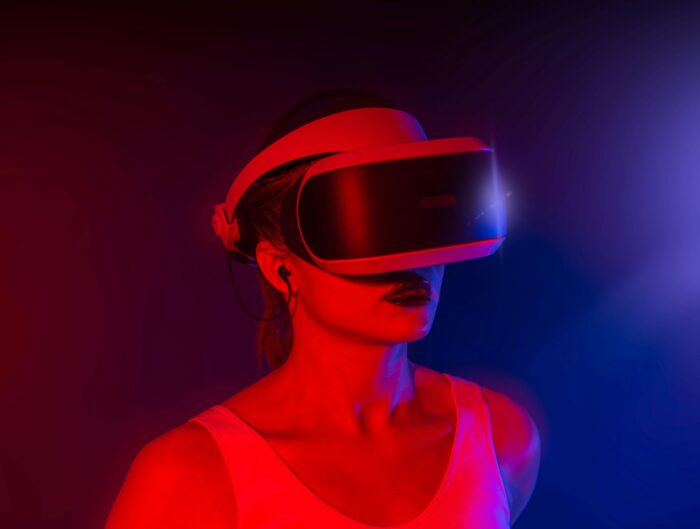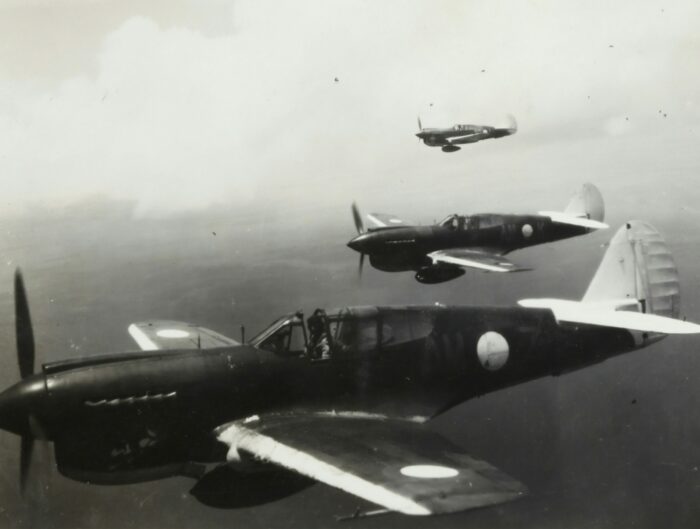I sit and watch my wife’s sister in a hospital bed, dying. Really it’s already happened. The machines are doing the living now; still, we’re grateful. There will be a lifetime of mistakes, never righted, a million needed things that will never be said, heard, or done. But the machines gave us time to get here; my wife is now holding her hand. People shouldn’t have to die alone, she said, and she tells her sister that we’ve come.
The monitors make their sonar-like pings, each one with a rhythmic mystery of meaning and measurements, seeking out the sea of Rosemarie. Fluids flow in clear tubes, open for unnecessary inspection… a body’s failing and submission and summation, a body’s slipping away.
Somehow it’s not so ugly. The pain is masked by morphine, both her pain, and, therefore, some of ours. There is good, imperfect love here, poignant in its clumsy haste and hesitation, precious in its simple questioning, trying to make peace with the pieces, momentarily suspended in both real and unreal time.
Tomorrow we will gather early, her mom, ex-husband, my wife, stepdaughter, and I. An odd, disconnected image/idea finds it’s way inside me and forms a precious, imperfect circle. We will become a clan, a tribe, an ancient democracy seeking wisdom, each of us equal, listening and being listened to, trying to answer not only what is good, trying to answer what is best. Rosemarie lived her life but left us with it. Now we must guess what she would have wanted and then interpret what is still to be done.
As we do, we think of what she was, which makes us think of what we are. And some of those things, never said, never heard or never done, ease away a little. Our circle of what is best will have its own heart-beat, it’s own body heat; her energy will have somewhere to be for a while, and then somewhere to go.
I read somewhere that along the Oregon Trail in the last century there was a grave every 80 yards crossing to the west. People had to move on fast to avoid cholera, beat the weather and the like, and then grieve in their own human way. I don’t know why I think of this now, except that I am very tired, and, perhaps because it is somehow the same. We will gain and lose and grieve in our own human ways. The machines that beep and pulse and echo and pump and hiss and peak will bottom and stop tomorrow, and so will you Rosemarie. You’ll slip away with us around you. You’ll not be alone. Thanks for waiting so we all could take your hand a little. Each of us had so very much to say. ◆


